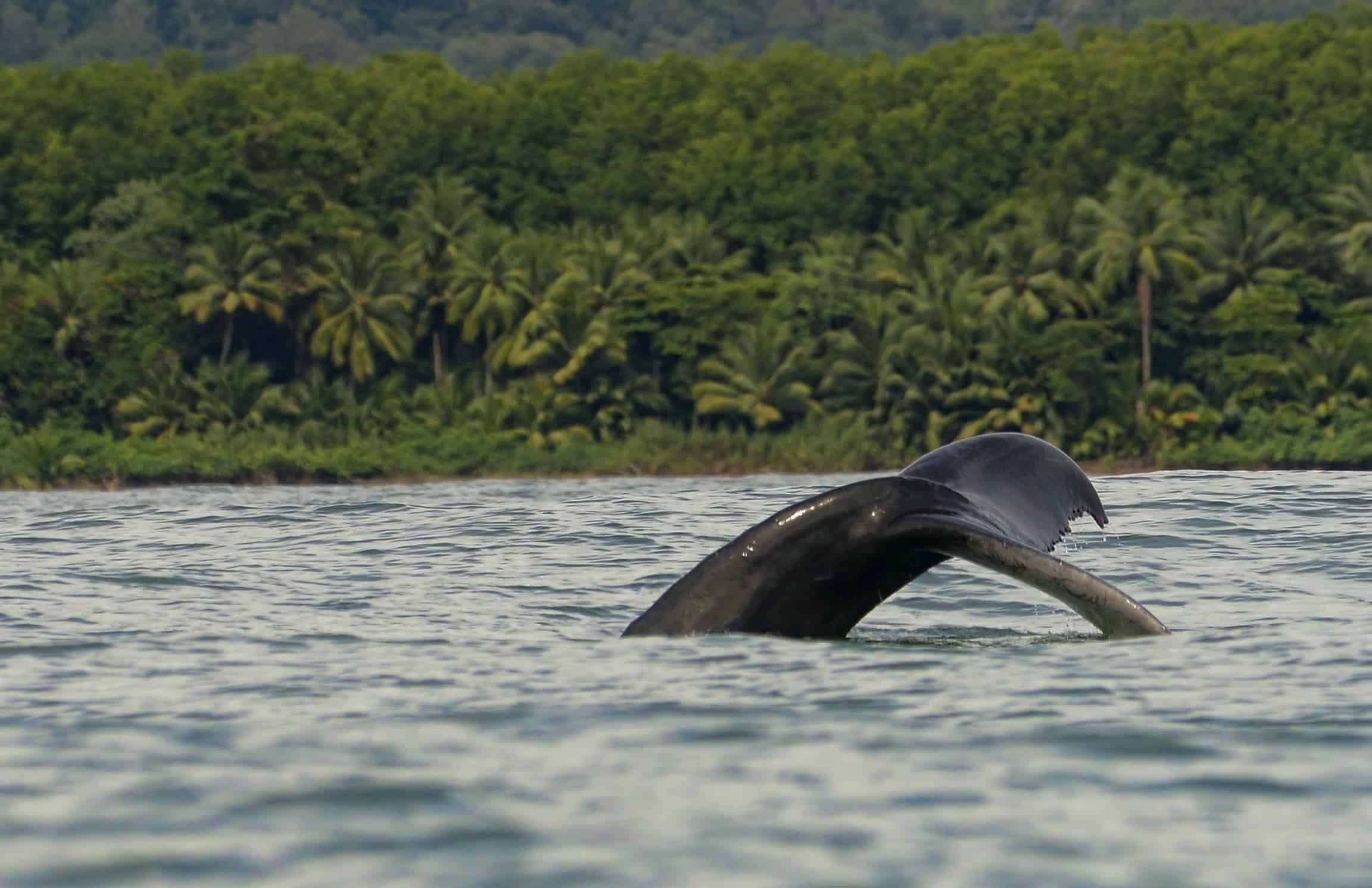A four-decade-old moratorium on commercial whaling will remain in force after a proposal to overturn it was withdrawn Thursday at a meeting of the International Whaling Commission (IWC) in Peru’s capital Lima. Another proposal to declare whaling a source of global food security was also abandoned in a plenary session after failing to gain consensus among delegates from 60 countries.
“We are relieved that the dark and dangerous resolution to resume commercial whaling has been withdrawn,” said Grettel Delgadillo, Latin America representative for Humane Society International (HSI). The first proposal was submitted by Antigua and Barbuda, which is not a whaling nation but has said it would pursue the matter at the next IWC meeting in Australia in 2026.
Delgadillo said pro-whaling stances by countries that do not consume whale meat “demonstrates how Japan continues to influence the IWC despite not being a member anymore.” The food security proposal, in turn, was submitted by a host of African countries which also have no whaling tradition but are allies of Japan, according to NGOs.
Japan is one of three countries to continue whale hunting, along with Norway and Iceland. It continued the practice for “scientific” purposes after the moratorium was introduced in 1986, killing hundreds of whales in the Antarctic and North Pacific.
After years of tensions took a toll on its international reputation, Japan quit the IWC in 2019 and resumed commercial whaling inside its territorial waters and exclusive economic zone (EEZ). An estimated 1,200 whales are killed by hunters every year.
Climate change is another threat to the creatures, with whale numbers in the North Pacific decreasing 20 percent between 2012 and 2021 due to a shortage in their main food source, plankton, according to an Australian study.
In the 20th century, nearly three million cetaceans were harpooned by humans, according to figures from the National Oceanic and Atmospheric Administration (NOAA), and several species became threatened.






